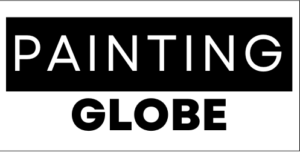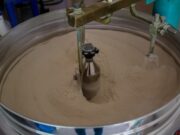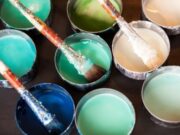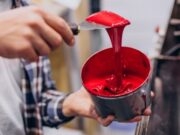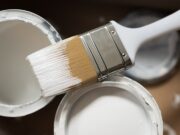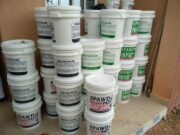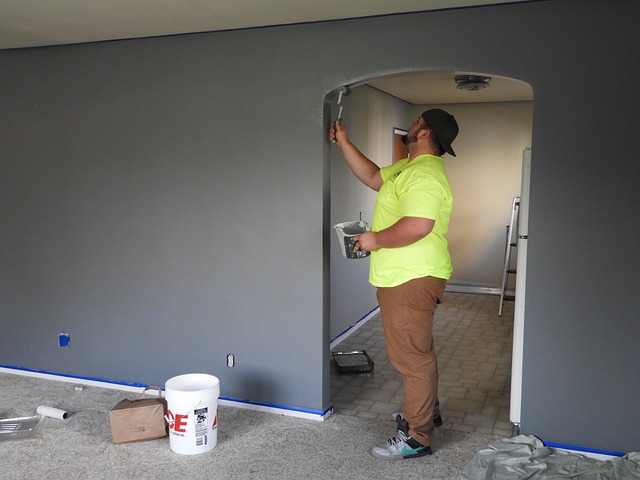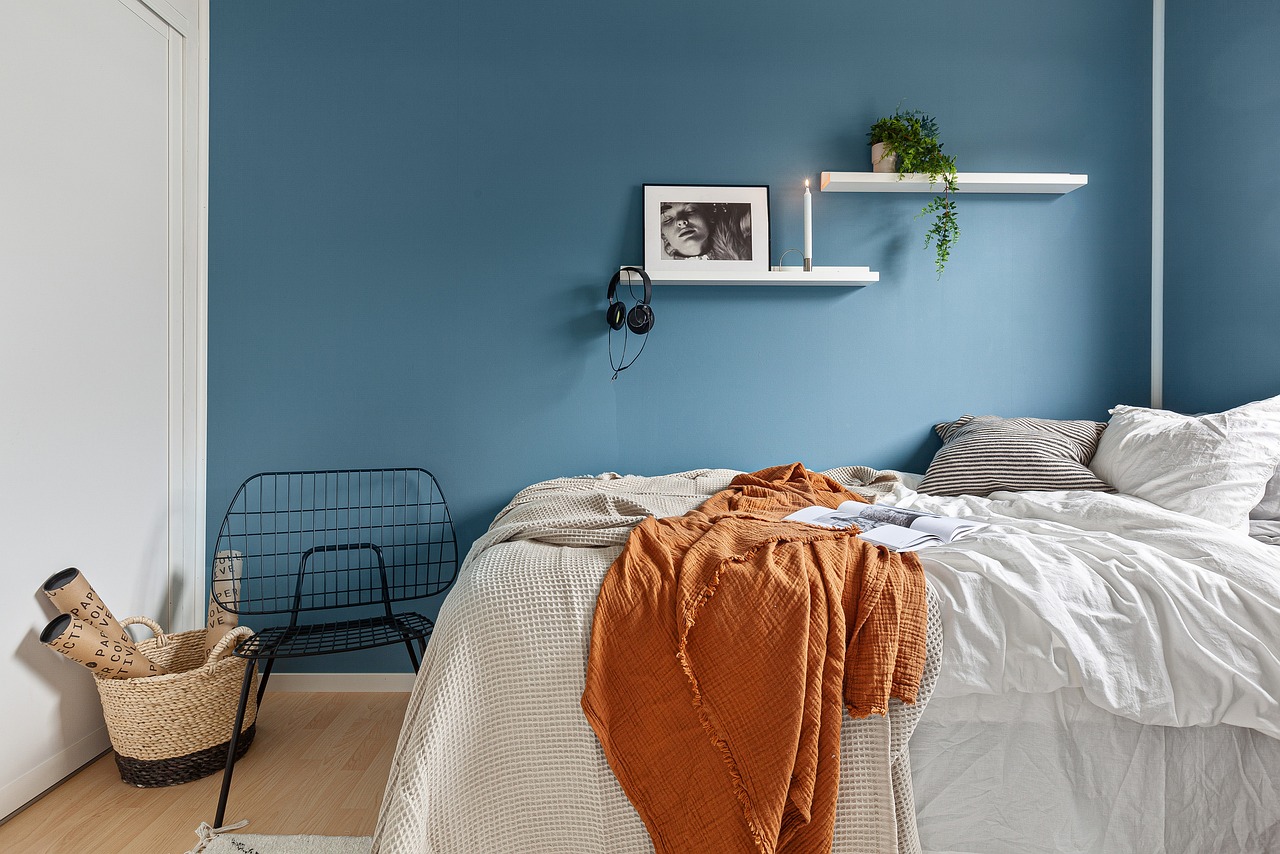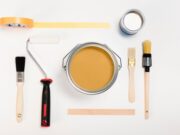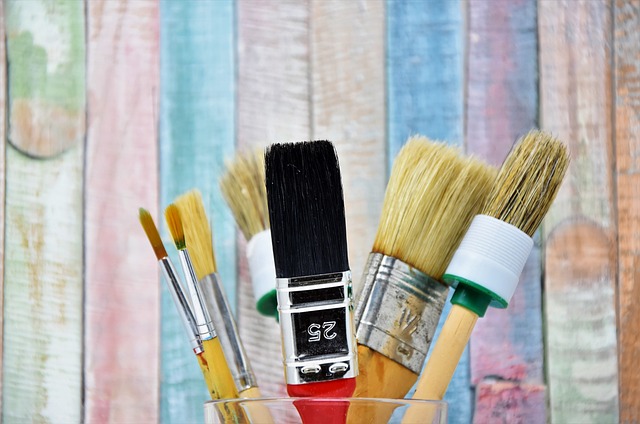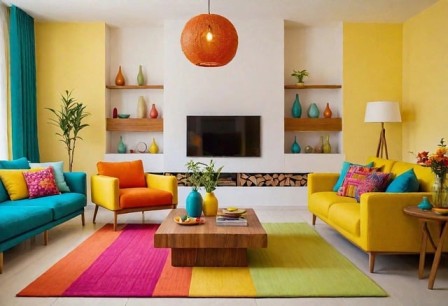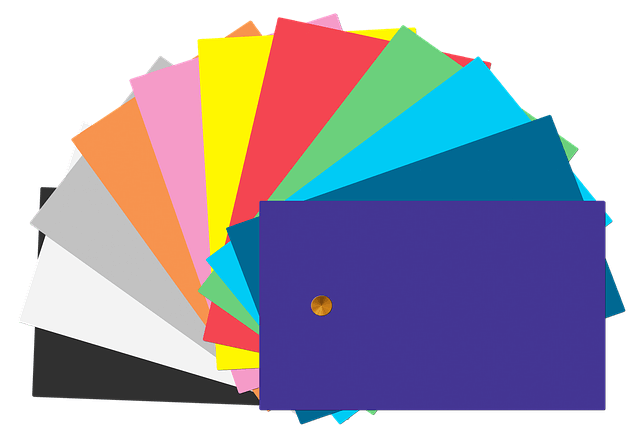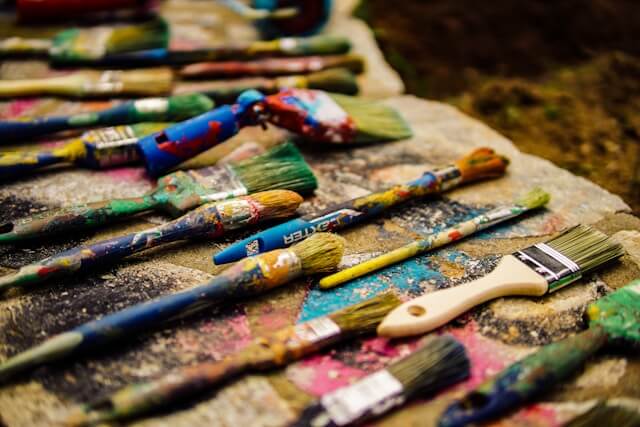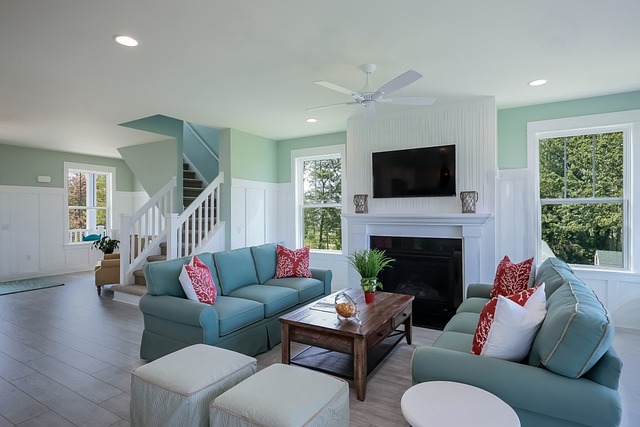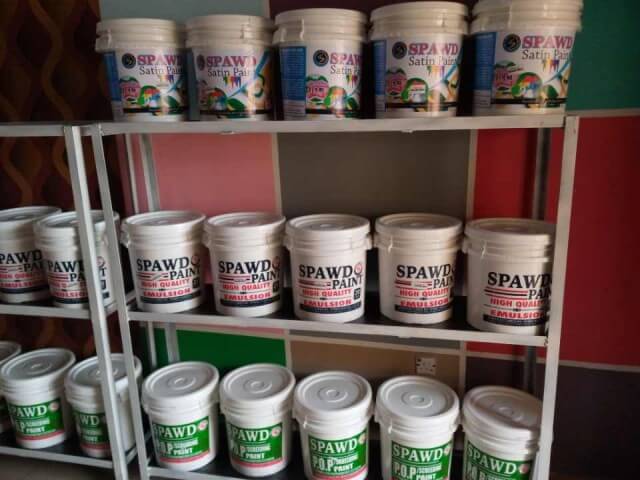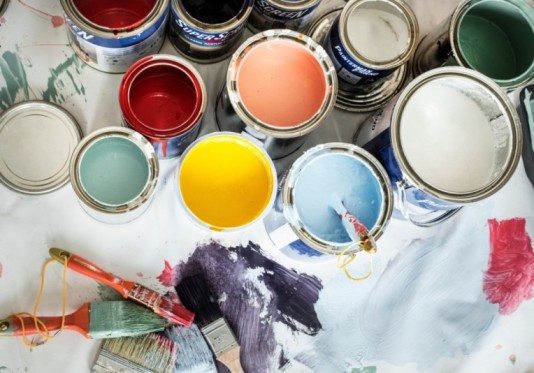Starting a paint production business in Nigeria can be a lucrative and fulfilling venture.
Paints are essential in construction, interior design, and industrial applications, and their demand is consistent in various sectors.
However, before we enter the paint production business, you must understand the financial implications and steps involved.
This article will provide a detailed breakdown of the costs of starting a paint production business in Nigeria.
Why Should You Consider a Paint Production Business in Nigeria?
The paint production business in Nigeria is a lucrative venture due to the country’s booming construction and real estate sectors.
The need for high-quality paints is rising with a growing population and increasing demand for residential, commercial, and industrial spaces.
The industry offers a low entry barrier, as startup costs can be scaled based on budget, making it accessible for entrepreneurs.
Additionally, the availability of raw materials locally helps reduce production costs.
Paint production also provides opportunities for creativity and innovation, such as the production of eco-friendly or specialty paints that cater to diverse consumer needs.
With these factors, a well-structured paint production business can be highly profitable.
What Are The Key Factors Influencing Start-up Costs In Nigeria?
The cost of starting a paint production business in Nigeria varies depending on several factors including the following.
- Scale of operation (small, medium, or large-scale).
- Type of paints (e.g., emulsion, gloss, textured, industrial coatings).
- Location and accessibility of raw materials.
- Machinery and equipment requirements.
- Business registration and licensing.
- Marketing and distribution strategies.
Here’s A Comprehensive Breakdown of The Costs of Starting a Paint Production Business in Nigeria
1. Business Registration and Legal Requirements
To operate legally in Nigeria, you need to register your business with the Corporate Affairs Commission (CAC) and the costs involved include,
- Business Name Registration – ₦10,000–₦20,000 for small-scale businesses.
- Limited Liability Company Registration – ₦50,000–₦100,000 or more, depending on share capital.
- Nigerian Industrial Standards (NIS) Certification – ₦50,000–₦150,000 from the Standards Organisation of Nigeria (SON).
- Environmental and Safety Permits – ₦50,000–₦100,000, depending on your location.
Estimated Total – ₦110,000–₦370,000
2. Location and Facility Setup
Choosing the right location is crucial. You’ll need a facility to accommodate production, storage, and possibly a small office.
Key considerations include proximity to raw material suppliers and target markets.
- Factory Rent/Lease – ₦300,000–₦1,000,000 annually, depending on the city and size.
- Renovation and Setup – ₦200,000–₦500,000 for basic modifications and installations.
- Utility Costs – ₦50,000–₦100,000 to install water and electricity connections.
Estimated Total – ₦550,000–₦1,600,000
3. Equipment and Machinery
Paint production involves various stages such as mixing, grinding, dispersion, and packaging. The required machinery includes.
- Mixers/Blenders – ₦200,000–₦800,000
- Sand Mill – ₦400,000–₦1,500,000
- Weighing Scale – ₦50,000–₦100,000
- Packaging Machine – ₦300,000–₦700,000
- Air Compressor – ₦150,000–₦400,000
- Pallets and Racks – ₦100,000–₦300,000
Estimated Total – ₦1,200,000–₦3,800,000
4. Raw Materials
The raw materials required for paint production include pigments, binders, solvents, fillers, and additives.
The cost depends on the volume and type of paint you want to produce.
Here’s an approximate cost for the initial stock.
- Pigments – ₦200,000–₦500,000
- Binders (e.g., PVA) – ₦300,000–₦700,000
- Solvents (e.g., water, spirit) – ₦50,000–₦200,000
- Additives – ₦100,000–₦300,000
- Fillers (e.g., calcium carbonate) – ₦50,000–₦150,000
Estimated Total – ₦700,000–₦1,850,000
5. Labor Costs
Depending on your scale of operation, you’ll need skilled and unskilled labor. Typical roles include.
- Production Manager – ₦50,000–₦150,000/month
- Skilled Workers (Mixers, Technicians) – ₦30,000–₦80,000/month per person
- Helpers/Assistants – ₦20,000–₦50,000/month per person
For a small-scale operation, monthly labor costs may range from ₦150,000–₦400,000.
6. Branding and Marketing
Creating awareness and building a strong brand is essential. Initial marketing costs may include.
- Logo and Packaging Design – ₦50,000–₦150,000
- Website Development – ₦100,000–₦300,000
- Social Media and Digital Ads – ₦50,000–₦200,000/month
- Promotional Materials (Flyers, Banners) – ₦20,000–₦50,000
Estimated Total – ₦220,000–₦700,000
7. Miscellaneous Costs
Unforeseen expenses are inevitable. It’s wise to allocate about 10%–15% of your budget for contingencies.
This may include.
- Transportation costs for raw materials.
- Licensing renewals.
- Repairs and maintenance.
4. Total Estimated Cost
Here’s a summary of the costs.
| Expense Category | Estimated Cost (₦) |
| Business Registration | 110,000–370,000 |
| Facility Setup | 550,000–1,600,000 |
| Equipment and Machinery | 1,200,000–3,800,000 |
| Raw Materials | 700,000–1,850,000 |
| Labor Costs (3 months) | 450,000–1,200,000 |
| Branding and Marketing | 220,000–700,000 |
| Miscellaneous | 200,000–500,000 |
| Total Estimated Cost | ₦3,430,000–₦10,020,000 |
5. Steps to Minimize Costs
Starting a paint production business on a tight budget is possible if you consider the following.
- Starting Small
Focus on producing one type of paint (e.g., emulsion paint).
- Sourcing Locally
Purchase raw materials from local suppliers to reduce importation costs.
- Leasing Equipment
Rent machinery instead of buying outright.
- Outsourcing Labor
Hire skilled labor only when needed, and train your workforce gradually.
- Leveraging Social Media
Use cost-effective platforms like Instagram and Facebook for marketing.
6. Expected Challenges
Some challenges you may face include.
- High competition from established brands.
- Fluctuating costs of raw materials due to exchange rates.
- Regulatory requirements and quality standards.
- Logistics and supply chain disruptions.
7. Conclusion
with proper planning, the potential returns can outweigh the costs requires a significant investment, but the potential returns can outweigh the costs with proper planning.
Understanding the expenses involved, from registration to marketing, helps you prepare effectively and avoid unexpected setbacks.
Whether you choose a small-scale or large-scale operation, the paint industry offers immense opportunities for growth and profitability.
If you’re ready to start your paint production journey, take the first step today by creating a solid business plan and budgeting wisely.
Success in this industry depends on quality products, strategic marketing, and efficient operations.
Good luck.
